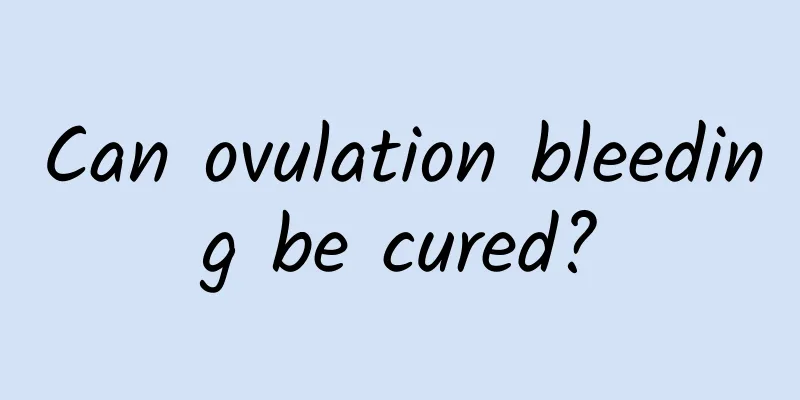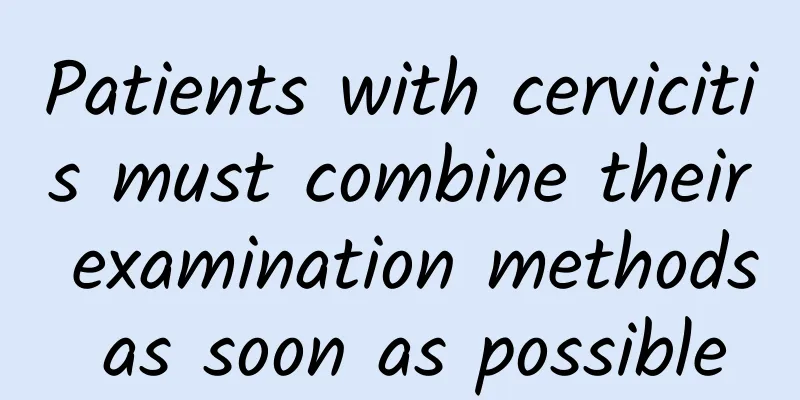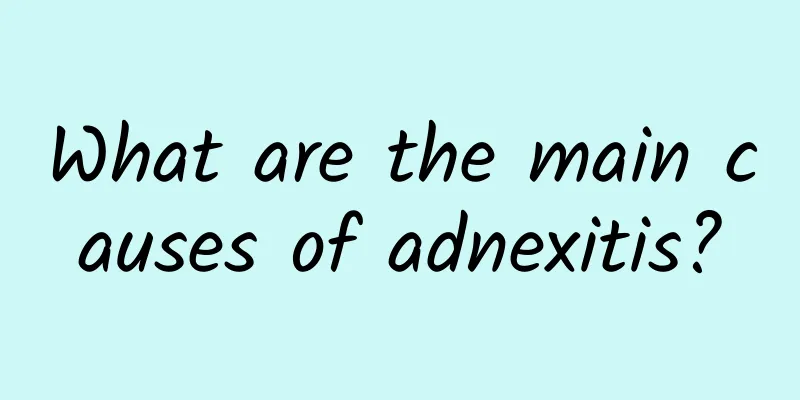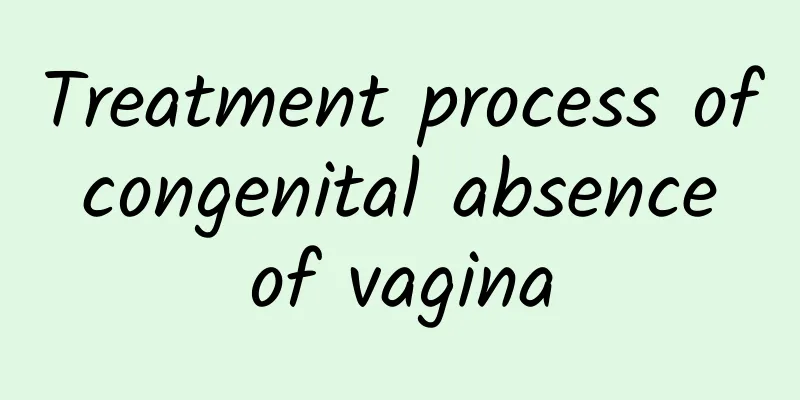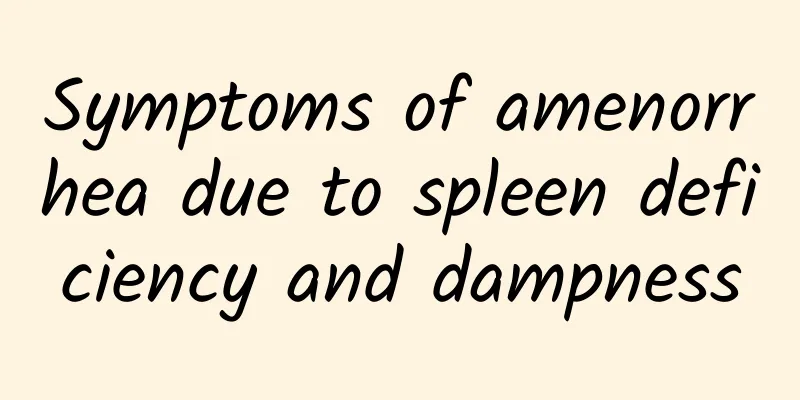What to do if ovarian cysts recur
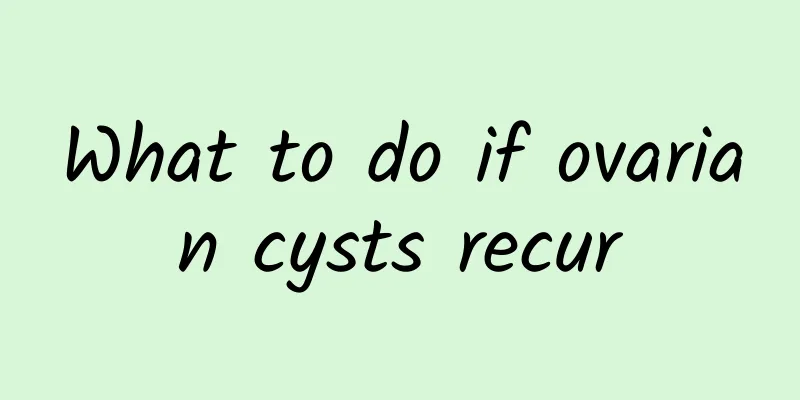
|
What should I do if ovarian cysts recur? Ovarian cysts refer to benign tumors of the ovaries and are the most common gynecological disease. They can occur in women of any age and are common during childbirth. Patients usually have no obvious symptoms and are usually discovered accidentally during a physical examination. The clinical condition develops slowly, and as the cysts slowly increase, menstrual disorders, abdominal distension, abdominal pain and other manifestations often occur. When these symptoms are more severe, women are more likely to suffer from ovarian cysts, and the risk and harm of malignant ovarian cancer are greater. When ovarian cysts recur, it is best to resolve them through surgery. Whether it is the first ovarian cyst or a recurrent ovarian cyst, surgical treatment is the most appropriate method, and the surgical method can be selected according to the patient's age, fertility requirements, etc. For example, for older patients with ovarian cysts who have no fertility requirements, unilateral adnexa or bilateral uterine adnexa can be removed at this time to prevent the recurrence of malignant changes in ovarian cysts. If a malignant cyst is suspected, the lesion should be removed as much as possible. For young women who have fertility requirements, it is best to treat them through ovarian cystectomy, but it is necessary to maintain normal ovulation function to minimize the impact on normal ovarian tissue and prevent women from being infertile after surgery. Some people choose conservative treatment for ovarian cysts, which can easily lead to recurrence of cysts. Timely surgical removal of the cyst is required to prevent the cyst from worsening or further developing. Under normal circumstances, malignant ovarian cysts or cysts with obvious volume changes in a short period of time can be surgically removed. Pay attention to your diet after surgery. Surgical removal of ovarian cysts is not foolproof and you can rest assured. If you do not pay attention to related dietary issues after surgery, it may lead to recurrence of ovarian cysts. Patients need to develop healthy eating habits after surgery, mainly a light diet, and can supplement more protein and vitamins. Foods containing folic acid and sunlight elements can also be eaten more, such as ordinary tomatoes, carrots, mulberries and other foods. |
<<: What to do if you want to have an abortion due to adenomyosis
>>: How to treat chronic pelvic inflammatory disease
Recommend
How much do you know about the dangers of cervical precancerous lesions?
Cervical precancerous lesions are a gynecological...
Will eating cut-edge toast for breakfast make you lose weight? Does raw toast make you fat? Are whole wheat the healthiest? A comparison of the calories of 5 types of toast
During the epidemic, when ordering breakfast deli...
What are the symptoms of cervical lesions? 3 symptoms of cervical lesions
The cervix is very important for women. If the ...
Zhang Ziyi drank bean sprout soup to lose weight and became as thin as an ant's waist! Doctor: Be careful of irregular menstruation and constipation
According to recent media reports, Zhang Ziyi, a ...
Save your knees yourself! Scott: Practice these two moves to have "good knee strength"
"When the weather gets cold, knee joint pain...
Hospital that effectively treats congenital absence of vagina
What are the hospitals that effectively treat con...
How to improve abnormal leucorrhea
Abnormal vaginal discharge may be related to gyne...
What are the adverse effects of abortion on subsequent pregnancy?
According to research, a history of artificial ab...
Explanation of the causes of several easily overlooked adnexitis
There are many female patients with adnexitis. Am...
What to do if adenomyosis causes pain for half a month
In life, some patients with adenomyosis inevitabl...
Preventing ectopic pregnancy starts from daily life
The occurrence of ectopic pregnancy makes it impo...
What to do with vaginitis during pregnancy? Here are 8 tips to prevent it!
How to prevent vaginitis during pregnancy? Due to...
Menopausal women can take wolfberry lotus heart tea regularly to regulate menstruation
Menopausal women often experience irregular menst...
Recommended hospitals specializing in menopause treatment
In life, many female friends are troubled by meno...
What are the causes of vulvar leukoplakia?
What are the causes of vulvar leukoplakia? I beli...

